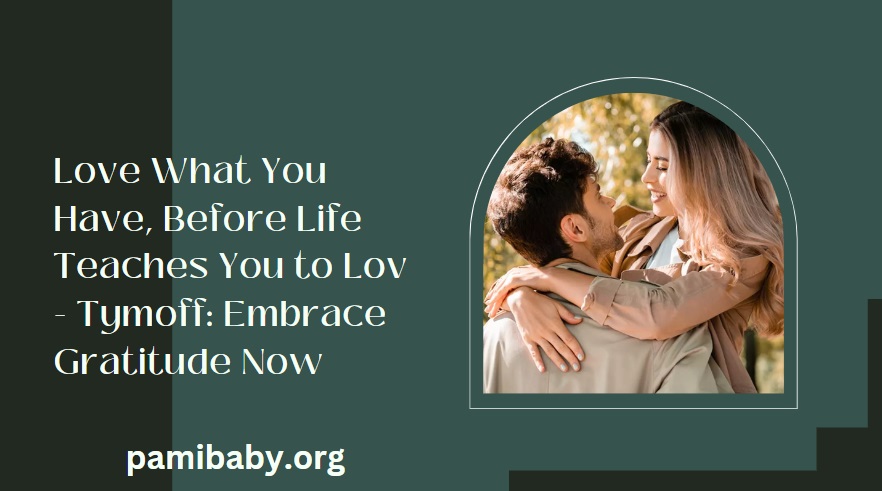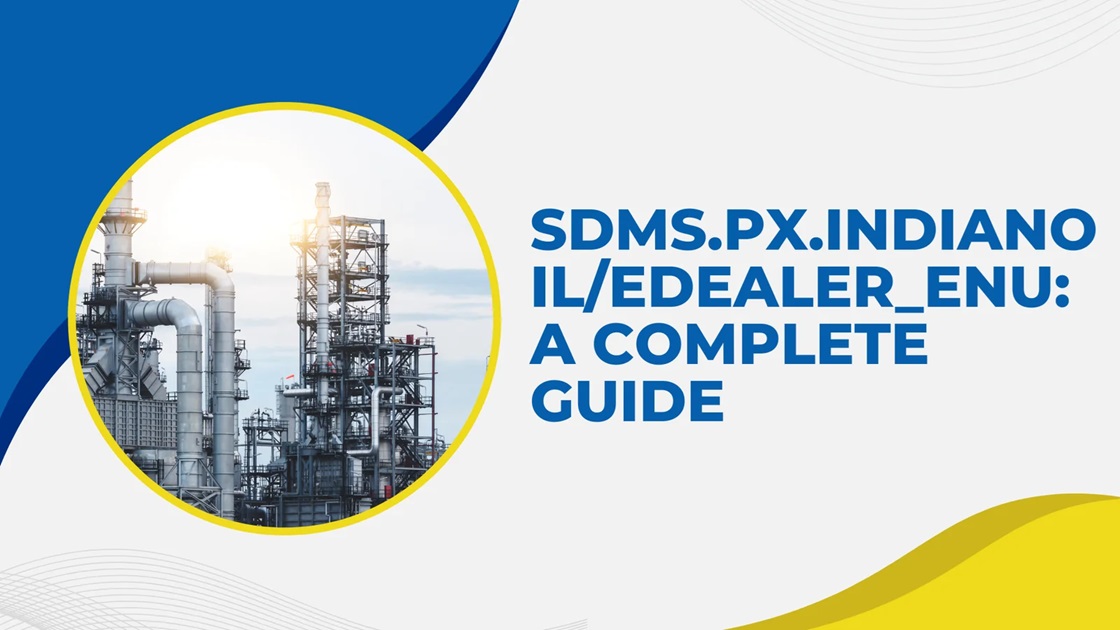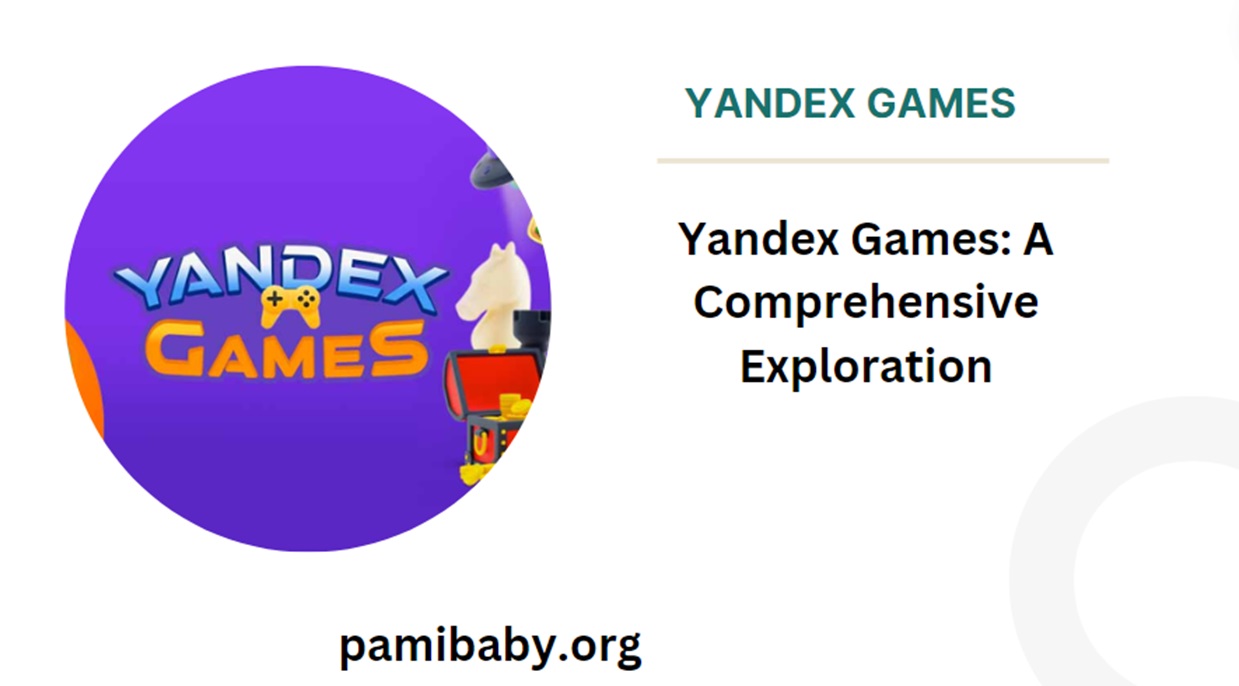Love What You Have, Before Life Teaches You to Lov – Tymoff
In our fast-paced, ever-changing world, we often find ourselves chasing after the next big thing, the next achievement, or the next possession. This relentless pursuit can sometimes blind us to the simple joys and blessings that we already have in our lives. The phrase “love what you have, before life teaches you to lov – Tymoff” serves as a powerful reminder to appreciate and cherish our present circumstances before life’s inevitable lessons teach us the hard way. In this article, we will explore the deep meaning behind this philosophy and provide insights on how to incorporate it into our daily lives for greater fulfillment and happiness.
Table of Contents
The Essence of Gratitude
Understanding Gratitude
Gratitude is more than just saying “thank you.” It is a profound acknowledgment and appreciation of the good in our lives, no matter how small or seemingly insignificant. When we cultivate a spirit of gratitude, we shift our focus from what we lack to what we have, from scarcity to abundance.
Benefits of Practicing Gratitude
Research in positive psychology has shown that practicing gratitude leads to numerous benefits, including improved mental health, enhanced relationships, and increased resilience in the face of adversity. By acknowledging the blessings in our lives, we invite more positivity and contentment into our daily experiences (prosaasreviews.com) (Advocate Atlas).
The Illusion of More
In a consumer-driven society, we are constantly bombarded with messages that suggest happiness lies in acquiring more possessions, achievements, or experiences. This perpetual pursuit of “more” fosters a mindset of scarcity, where we believe that our happiness is contingent upon obtaining external validation or material wealth.
The Hedonic Treadmill
The “hedonic treadmill” is a phenomenon where people quickly return to a baseline level of happiness despite significant positive or negative changes in their lives. This means that the things we once coveted lose their luster once attained, and we find ourselves yearning for the next “fix” of temporary satisfaction (Advocate Atlas) (Minimalist Focus).
Embracing the Power of Now
Living in the Present Moment
The essence of Tymoff’s quote lies in recognizing that the present moment is all we truly have. The past is but a memory, and the future is yet to unfold. Therefore, learning to love what we have in the present is not just a philosophical ideal; it is a practical approach to living a fulfilling life.
Mindfulness and Awareness
Mindfulness plays a crucial role in this process. By cultivating awareness of our thoughts, feelings, and surroundings, we can learn to savor the richness of each moment. Whether it’s the warmth of sunlight on our skin, the laughter of loved ones, or the simple pleasure of a home-cooked meal, there is beauty to be found in the ordinary aspects of life when viewed through the lens of mindfulness (Wellness Warrior) (Minimalist Focus).
Finding Joy in Simplicity
Often, the most profound joys are found in life’s simplest pleasures. Yet, in our pursuit of grandeur, we overlook the everyday wonders that surround us. Taking a moment to pause and reflect on the abundance that already exists in our lives can reveal a treasure trove of happiness waiting to be discovered.
Overcoming the Fear of Loss
One of the greatest barriers to loving what we have is the fear of loss. We cling tightly to our possessions, relationships, and identities, fearing that their absence will diminish our sense of self-worth or security. However, this attachment only serves to perpetuate our suffering.
Acceptance and Detachment
Acceptance is the antidote to this fear. By acknowledging the impermanent nature of all things, we can free ourselves from the grip of attachment and embrace the ebb and flow of life with grace and equanimity. This does not mean resigning ourselves to passivity but rather embracing a mindset of detachment that allows us to appreciate the present moment without clinging to it (Advocate Atlas).
Cultivating a Culture of Contentment
Shifting Perspectives
As individuals, we have the power to shape our collective consciousness. By embodying the principles of gratitude, mindfulness, and acceptance in our own lives, we can inspire others to do the same. This ripple effect has the potential to transform not only our personal well-being but also the fabric of society as a whole.
Gratitude Practices
To cultivate a culture of contentment, we can start with small, daily practices of gratitude. This might include keeping a gratitude journal, expressing appreciation to loved ones, or simply taking a few moments each day to reflect on what we are thankful for. These practices help reinforce a positive mindset and open our eyes to the abundance that surrounds us.
Overcoming Comparison
The Comparison Trap is a common phenomenon that we all fall into at some point in our lives. It involves constantly comparing ourselves to others, whether it be their appearance, success, relationships, or possessions. In today’s society, where social media dominates and highlights the best aspects of people’s lives, it is easy to get caught up in this trap (prosaasreviews.com).
The Detrimental Effects of Comparison
Constantly comparing ourselves to others can have a detrimental effect on our ability to appreciate what we have. We often overlook the blessings and abundance in our own lives because we are too busy focusing on what others have that we don’t. This can lead to feelings of inadequacy, jealousy, and self-doubt (prosaasreviews.com).
Building Authentic Connections
Loving what we have extends beyond material possessions to the relationships in our lives. By appreciating and valuing the people around us, we cultivate deeper and more meaningful connections.
The Importance of Presence
Being present in our interactions, expressing gratitude, and cherishing the moments we share with others are essential for building strong relationships. This aspect of Tymoff’s philosophy underscores the importance of being fully engaged with the people in our lives and recognizing the value they bring (Wellness Warrior) (Minimalist Focus).
Practical Steps to Embrace the Tymoff Philosophy
Daily Gratitude Practice
Start each day by listing three things you are grateful for. This simple practice can set a positive tone for the day and help you focus on the abundance in your life.
Gratitude Journal
Consider keeping a gratitude journal where you write down things you are thankful for each day. This can be a powerful tool for shifting your mindset from scarcity to abundance.
Mindfulness Meditation
Incorporate mindfulness meditation into your daily routine. Even just a few minutes of mindful breathing or body scanning can help you become more present and aware of the beauty in the moment.
Mindful Moments
Throughout the day, take mindful moments to pause and appreciate your surroundings. Notice the colors, sounds, and sensations around you, and allow yourself to fully experience them without judgment (Advocate Atlas).
Letting Go of Expectations
Explore how letting go of unrealistic expectations can lead to greater contentment. Accepting life as it is, rather than how we think it should be, allows us to find peace and joy in the present moment.
Acceptance Practices
Practice acceptance by acknowledging and embracing the present moment, even if it is not perfect. Let go of the need for everything to be a certain way and appreciate the beauty in what is.
Simplifying Your Life
Reduce the clutter in your life, both physically and mentally. Simplifying your surroundings and your thoughts can create space for greater clarity and appreciation.
Minimalist Approach
Adopt a minimalist approach by decluttering your home and letting go of possessions that no longer serve you. Focus on the essentials and find joy in the simplicity of life (Minimalist Focus).
Fostering Positive Relationships
Invest time and energy in nurturing your relationships. Show appreciation for the people in your life and express your gratitude regularly.
Deepening Connections
Deepen your connections by being present and engaged in your interactions. Listen actively, show empathy, and cherish the moments you share with others (Minimalist Focus).
Reflection and Self-Awareness
Take time to reflect on your thoughts and feelings. Self-awareness is key to understanding and appreciating your current circumstances.
Journaling for Self-Reflection
Use journaling as a tool for self-reflection. Write about your experiences, your thoughts, and your feelings. This practice can help you gain clarity and perspective on your life (Advocate Atlas).
Conclusion: Love What You Have, Before Life Teaches You to Lov – Tymoff
In a culture obsessed with accumulation and attainment, the art of loving what we have offers a path to genuine happiness and fulfillment. It is a radical shift in perspective that invites us to find beauty, joy, and meaning in the present moment, rather than perpetually chasing after an elusive ideal of “more.”
By cultivating gratitude, mindfulness, and acceptance in our lives, we tap into a wellspring of contentment that transcends external circumstances. We discover that true happiness isn’t found in the acquisition of possessions or achievements but in the deep appreciation of life’s inherent blessings.
So let us heed the wisdom of Tymoff’s quote and learn to love what we have before life teaches us to do so. For in embracing the gift of now, we unlock the key to lasting happiness and fulfillment.









